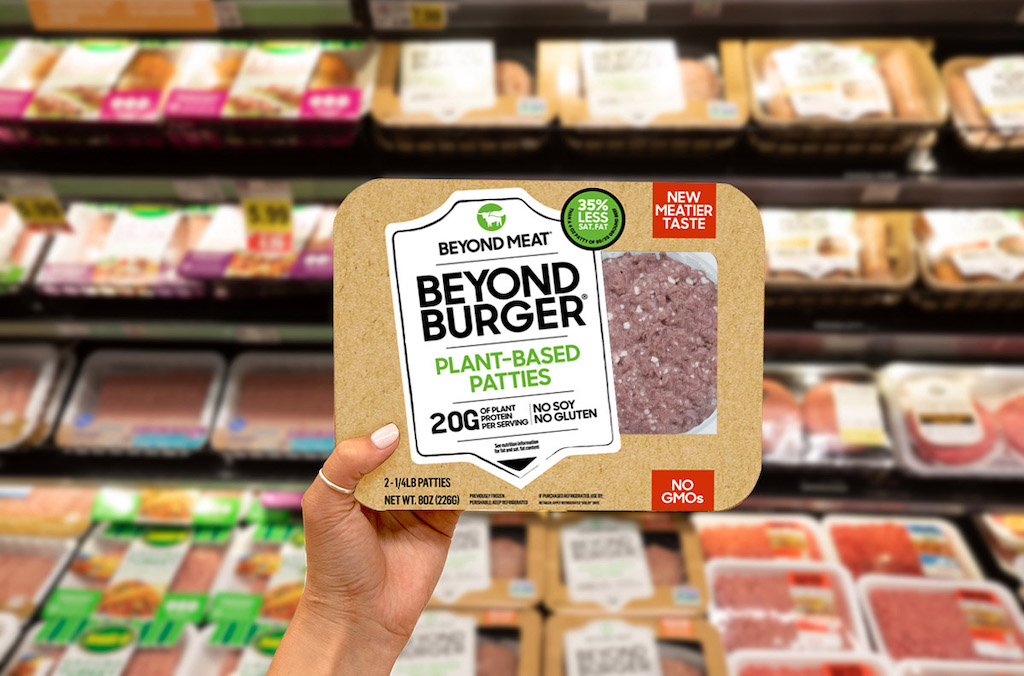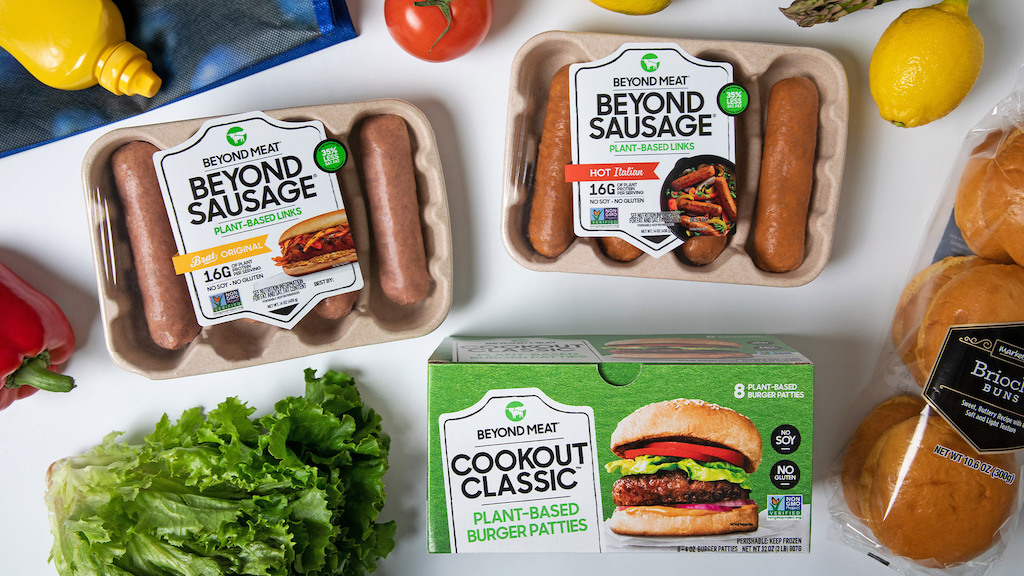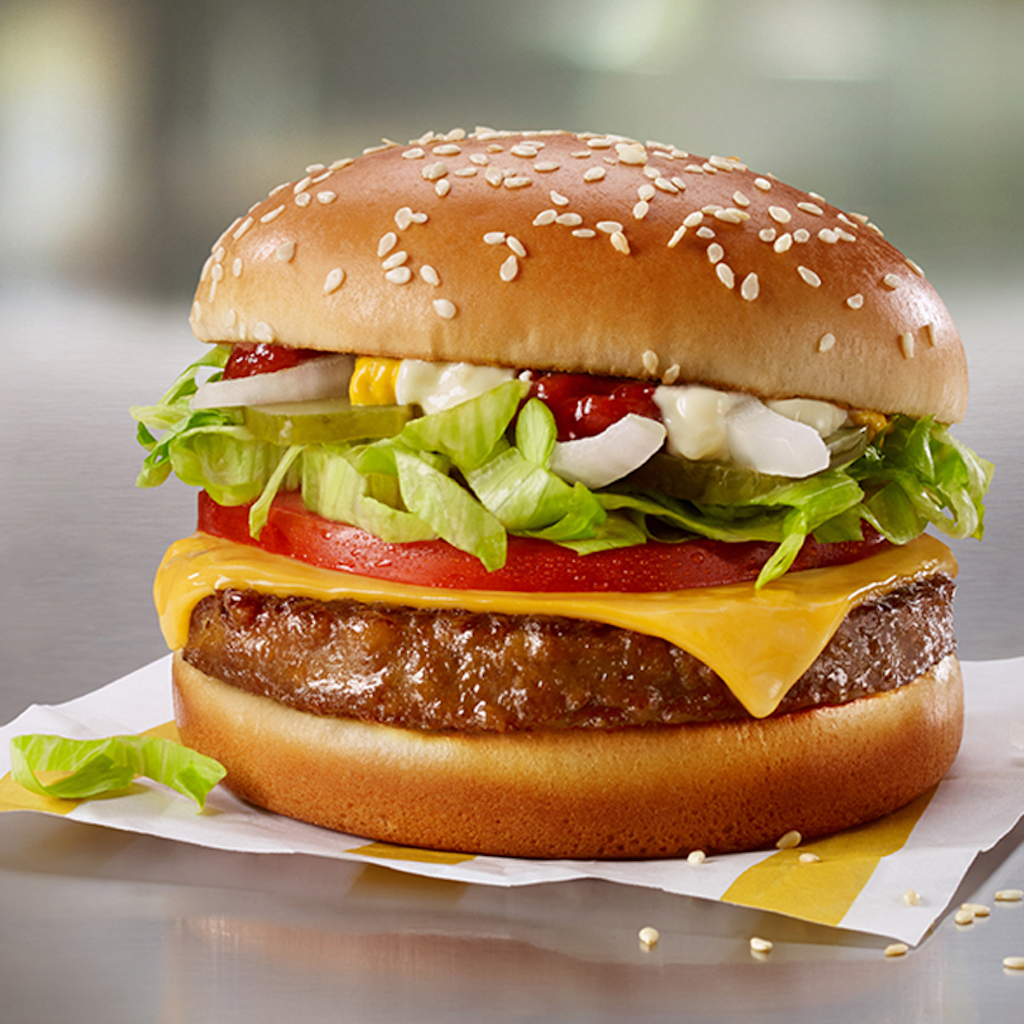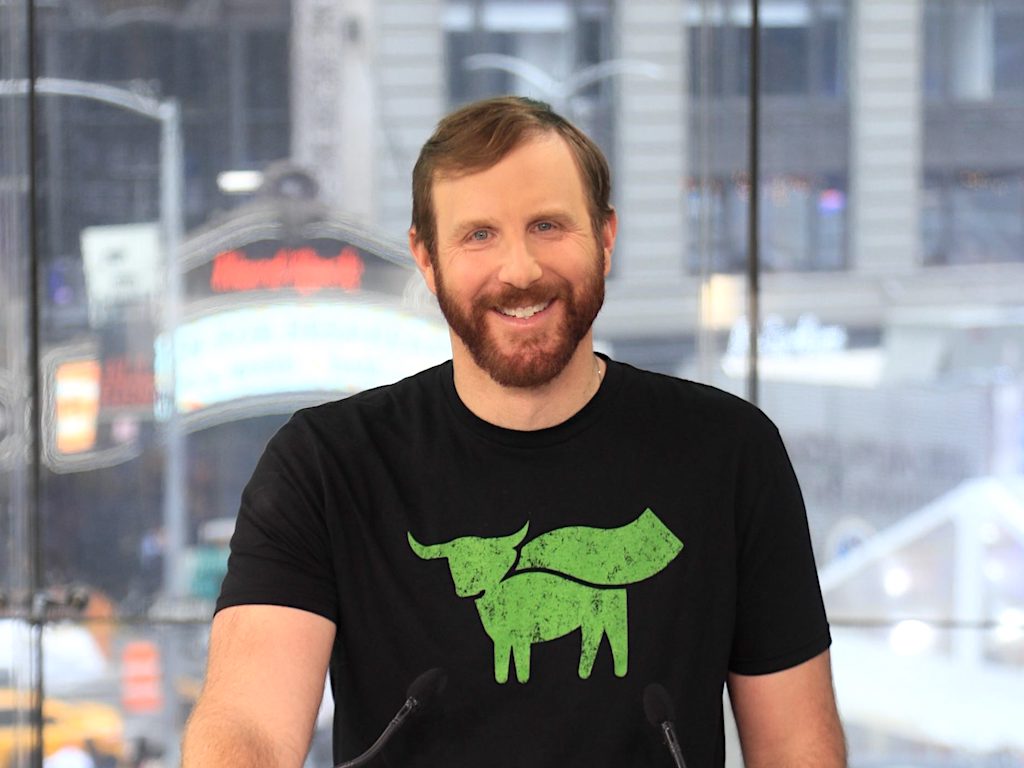4 Mins Read
Beyond Meat founder and CEO Ethan Brown believes that taxing items that have high negative impacts, such as meat, is an “appealing” idea. Brown’s comments were made in a recent BBC interview, where he also shared more about Beyond’s plans to slash the price of its plant-based beef and the growing public awareness about the climate impact of food.
Ethan Brown, the founder and CEO of food tech giant Beyond Meat, described a meat tax as a “type of thing [that] does appeal to me”. In the interview on BBC’s Talking Business programme, he said the “whole notion of a Pigouvian tax, which is to tax negative, you know, things that are high in externalities, I think is an interesting one.”
While Brown said that it was best to “leave it to others to work out the details”, he believes that concepts such as a levy on meat would help nudge consumers to make more eco-friendly food choices.

The idea of a meat tax has become more popular in recent months, with environmentalists, scientists and health experts urging for a drastic cut in meat consumption in order to bring down emissions, prevent future pandemics and ease the burden on public disease burdens associated with high meat intake.
Public awareness growing
But even without a meat tax, the Beyond Meat CEO is certain that people are already cutting down on their meat intake because of growing awareness about its carbon footprint. Meat and dairy represent the most high-carbon proteins in the food system, with the industry driving nearly a fifth of the world’s GHG emissions.
It is also a major driver of deforestation for cattle rearing, water pollution and soil erosion. As consumers begin to understand more about the negative environmental impacts of meat, many are choosing to go flexitarian—not shunning meat entirely, but actively cutting down.
“If you look at shopper data that we have, 93% of the people that are putting the Beyond Burger in their cart are also putting animal protein in,” he said in the interview.

“That says we’re getting more penetration into the broadest swath of the market, which is people who are consuming animal protein, but again, are hearing this information about their health or maybe hearing about climate, or maybe uncomfortable with factory farming.”
Recently, a Euromonitor survey estimates that as many as 42% of global consumers are now flexitarians. Another report found a major uptick in mainstream demand for plant-based alternatives during Covid-19—and that 92% of these first-time buyers plan on making their vegan purchases a long-term habit.
‘We’ll begin to under-price animal protein’
For Brown, widespread adoption of plant-based alternatives will be driven by cost. That’s why the founder says that a core part of the company’s plan is to reach price parity with its animal counterparts, and ultimately, to undercut the price of beef.
“As we scale, we’ll begin to be able to under-price animal protein,” he said, adding that while compared to large meat firms, Beyond is “still a very small company [but] that’s going to change.”

The company’s main rival, Impossible Foods, has also clearly indicated its intention to be cost-competitive with animal protein. It recently slashed retail prices by more than 20% globally, with the brand’s founder Pat Brown saying it will keep going until it “undercut[s] the price of ground beef from cows”.
Beyond’s plan to go mass market and lower prices will be aided by its string of partnerships with big food companies, including fast-food giants like McDonald’s and Yum, the group behind Pizza Hut, KFC and Taco Bell.
Brown described these deals as the pathway for the startup to scale and “make these products accessible to every consumer that wants them.”
All images courtesy of Beyond Meat.




